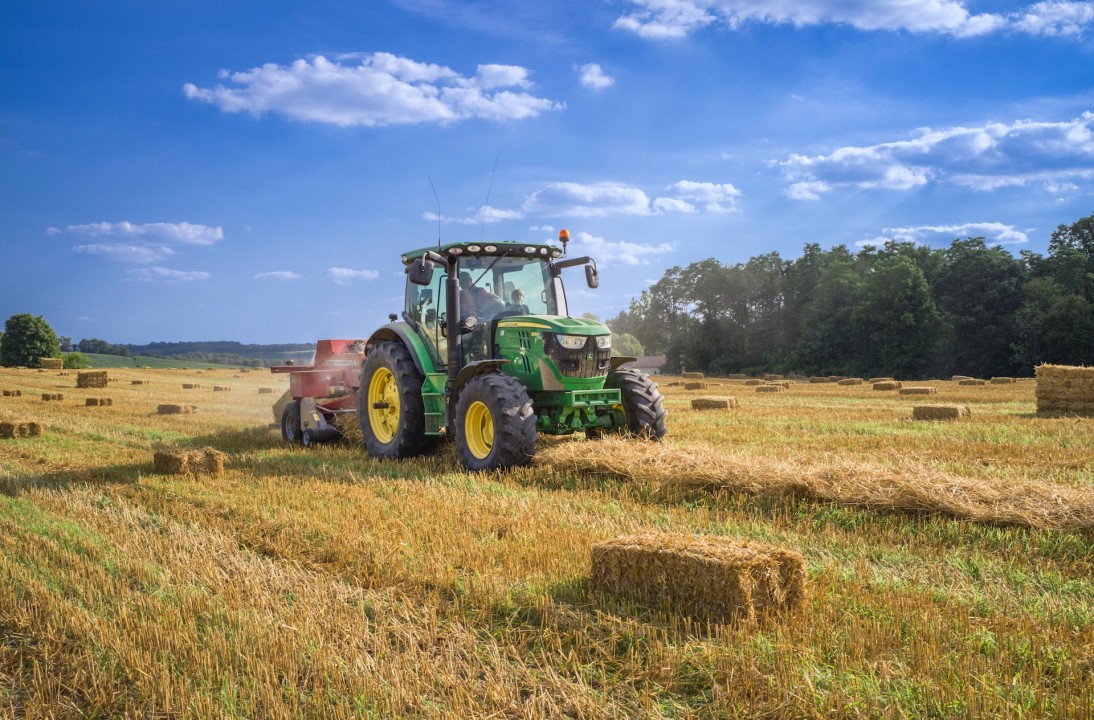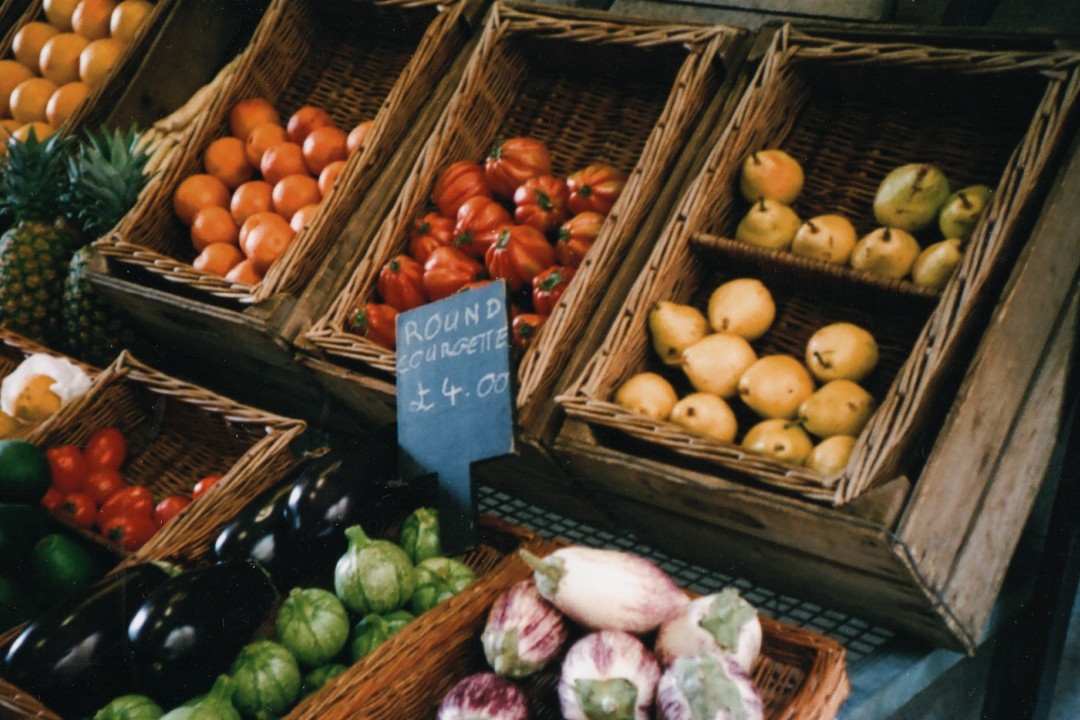Food crisis and sustainability: startups can have a leading role
Startups use innovative technologies to introduce new sustainable practices in the agrifood sector, leading the change it sorely needs

Food crisis is a global problem. FAO's latest forecasts say that more than 3 billion people are facing some level of food insecurity, from moderate to severe. Things are getting even worse, now, because food supply chains have been disrupted by the war in Ukraine and because climate emergency has a negative impact on food production everywhere.
There's a lot of faith in technology as a sistemic change driver for this scenario. The idea is that agrifood supply chains can be transformed through innovation, to become more effective and also more sustainable. The goal is not simply to produce more - intensive productions already proved themselves ineffective and unsafe for the planet, in the long run - but to produce the "right" amount for us and the ecosystems.
Innovative technlogies can help a lot. That's why the number of agrifood tech startup has been growing. Between 2017 and 2021, Politecnico di Milano counted more than 7.330 active startups, globally. It's not just a matter of numbers: what matters more is that agrifood startups' strategies and approaches are more and more aligned with UN's Sustainable Development Goals. This strengthen the idea that the - not so distant, we hope - future of agrifood will be sustainable "by design".
What are these startups working on? Most of them (roughly a third) develop solutions to improve natural resources use in food production. A fifth work on different forms of ecosystem protection. Other addressed issues are fostering sustainable lifestyles adoption, increasing crops' climate change resiliency, developing sustainable tourism, helping local food productions, reducing food waste in the supply chain, promotinga fair access to water resources.
What analysts underline, however, is that startups can - and will - have a leading role in agrifood transformation not just because they offer innovative solutions based on new technologies. It's also important that startups can develop and propose innovative business models to conquer new market opportunities. Being a market force and not just a tech force, agrifood startups can effectively introduce new sustainable practices in the agrifood sector as a whole.
As those in other sectors, and even more, agrifood sustainability startups have a problem to solve: money. Richest countries offer many investment opportunities, but food uncertainty is not an issue there. Countries with an urgent need to innovate their agrifood sector, on the opposite, rarely have a thriving funding ecosystem.
Therefore, countries where food sustainability startups represent a big percentage of agrifood startups - as in Norway (60%), Israel (58%), Nigeria and Poland (50%) - aren't the same countries where they get more investments. As in Asia, where the average agrifood startup focused on sustainability gathers 10,9 million dollars of funding. Or in the States (8,7 million) and in Europe (4,1 million). So, there's a lot of work to be done.
Related news
Last News
RSA at Cybertech Europe 2024
Alaa Abdul Nabi, Vice President, Sales International at RSA presents the innovations the vendor brings to Cybertech as part of a passwordless vision for…
Italian Security Awards 2024: G11 Media honours the best of Italian cybersecurity
G11 Media's SecurityOpenLab magazine rewards excellence in cybersecurity: the best vendors based on user votes
How Austria is making its AI ecosystem grow
Always keeping an European perspective, Austria has developed a thriving AI ecosystem that now can attract talents and companies from other countries
Sparkle and Telsy test Quantum Key Distribution in practice
Successfully completing a Proof of Concept implementation in Athens, the two Italian companies prove that QKD can be easily implemented also in pre-existing…
Most read
Planview Enters 2026 with New Leadership and Continued AI Innovation
Planview®, the leading platform for Strategic Portfolio Management (SPM) and Digital Product Development (DPD), today announced strong 2025 momentum,…
Technology Innovation Institute and World Economic Forum Announce ‘Abu…
The Technology Innovation Institute (TII), the applied research arm of Abu Dhabi’s Advanced Technology Research Council (ATRC), and the World Economic…
Pricefx Enters 2026 With Record Momentum and Breakthrough AI Adoption
#AI--Pricefx, the global leader in AI-powered, cloud-native pricing software, today announced strong 2025 results, marking a year of sustained growth,…
Yelp Announces its 2026 Top 100 Places to Eat in the United States
Yelp, the company that connects people with great local businesses, today announced its 13th annual list of the Top 100 Places to Eat in the U.S., highlighting…






